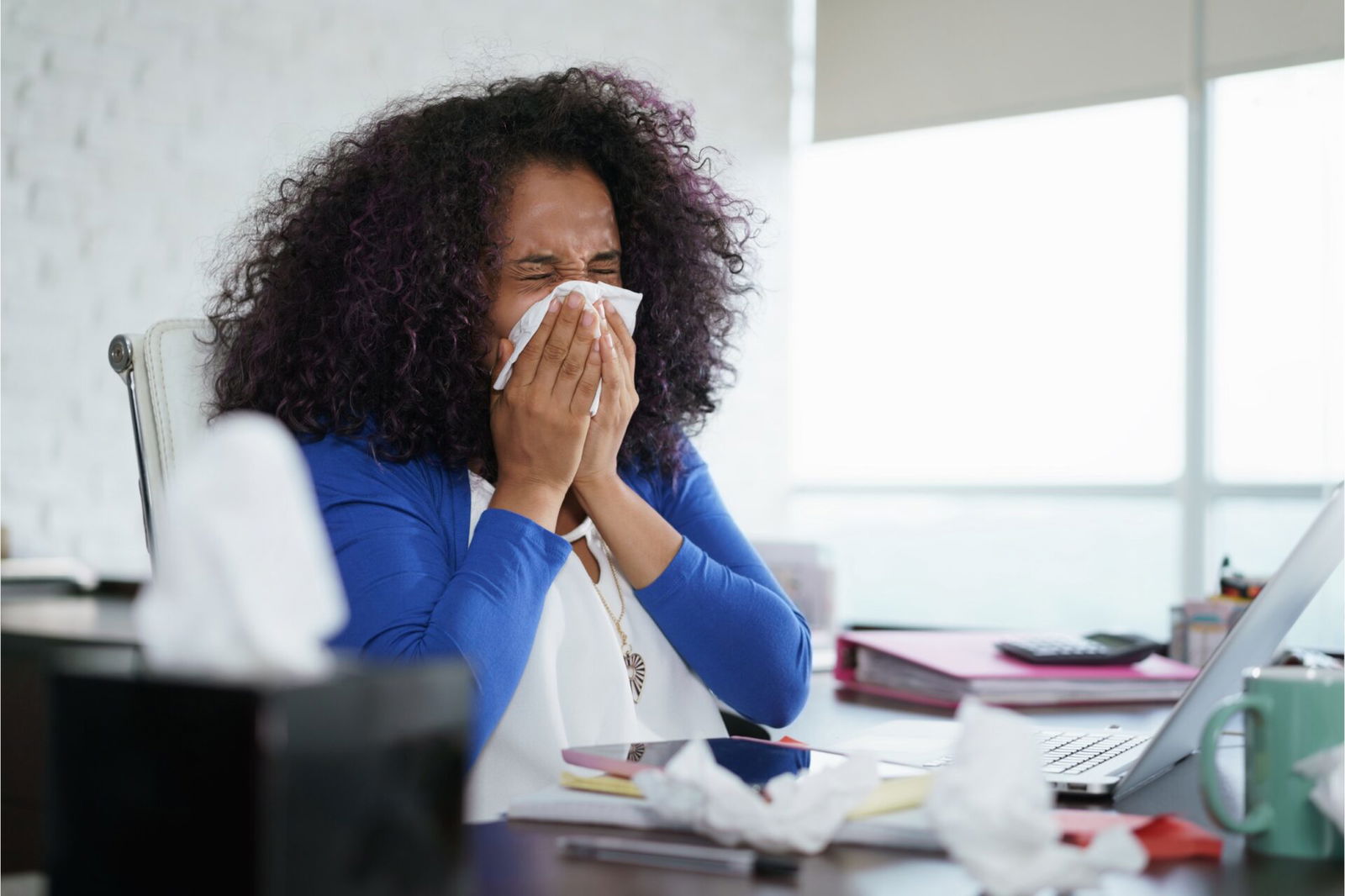
January 21, 2024
Workers, Feeling Pressured By Office ‘Sick Shaming,’ Overuse Cold Medications
An alarming 3 in 10 managers are convinced workers with severe colds should not take a day off.
Another type of affliction called “sick shaming” reportedly entrenches the workplace.
Known as a method of pressuring employees to work while ill but then degrading them for appearing not well, sick shaming has resurfaced as an office issue. The practice is spurring increased sales of cold medications and purportedly causing many people to over-medicate.
Before the COVID-19 pandemic struck and compared to 2019, sales of over-the-counter medications for upper respiratory infections rose 23% last year to $11.8 billion, according to the consumer intelligence firm NIQ, the New York Post reported last December. It was shared that cold and flu medications rose more rapidly, with a 30% increase.
An alarming 3 in 10 managers are convinced workers with severe colds should not take a day off, new Resume Builder data shows. Some 24% of managers think workers who take sick days often lie or exaggerate their illness. And 20% of them encourage employees under the weather to still come to work.
Resume Builder surveyed 1,000 managers this month to learn their thoughts on workers taking sick time off and whether they are engaging in sick shaming. Other top discoveries showed that 27% of managers believe a culture that inspires sick employees to work is good for productivity. Some 11% of the bosses admit to sick-shaming workers.
Observers contend that sick shaming could harm employers’ efforts to attract talent and retain employees and overall productivity.
“Having a culture where workers are asked to work or just expected to work when sick is bad for companies because it enforces the view that companies only see you as a number versus a human being,” stated Resume Builder’s Resume and Career Strategist Julia Toothacre.
She added, “It creates a culture that lacks empathy and ultimately doesn’t care for its employees’ health, well-being, or productivity. People who are sick are more likely to make mistakes and can be slower to comprehend. It doesn’t make sense to encourage sick people to work when they aren’t 100% ready to work.”
If you haven’t heard about this, sick shaming is the act of being told by a co-worker to get out of the workplace with your cold, flu, and germs. Sometimes the message is delivered subtly, with a co-worker offering up a bottle of hand-sanitizer; while other times it is much less subtle, such as the “neighbor” who yells out from their cube: “go home”, after you’ve finished a fit of coughing.
All told, 65% of managers declare more clear sick leave policies are definitely (32%) or probably (33%) needed in their workplace.
RELATED CONTENT: 5 Tips For Managing Workplace Conflict